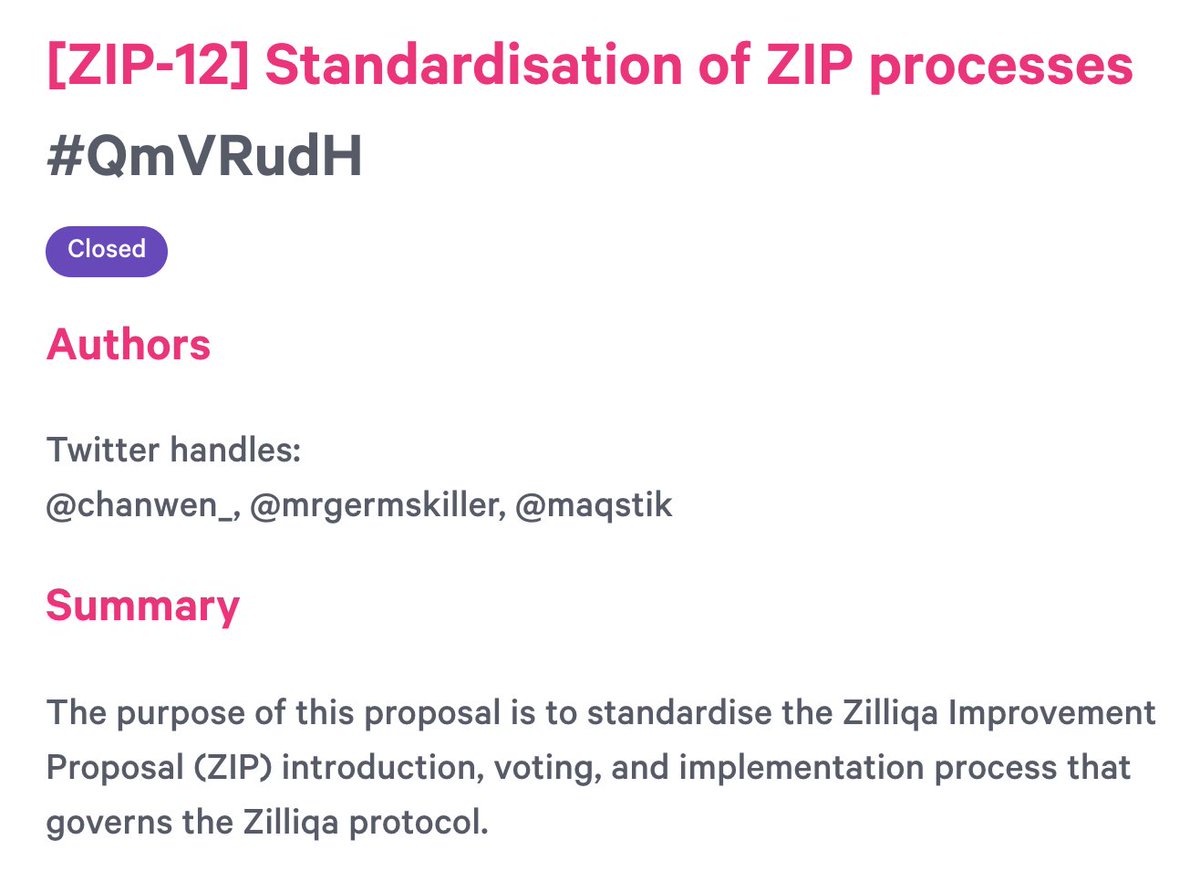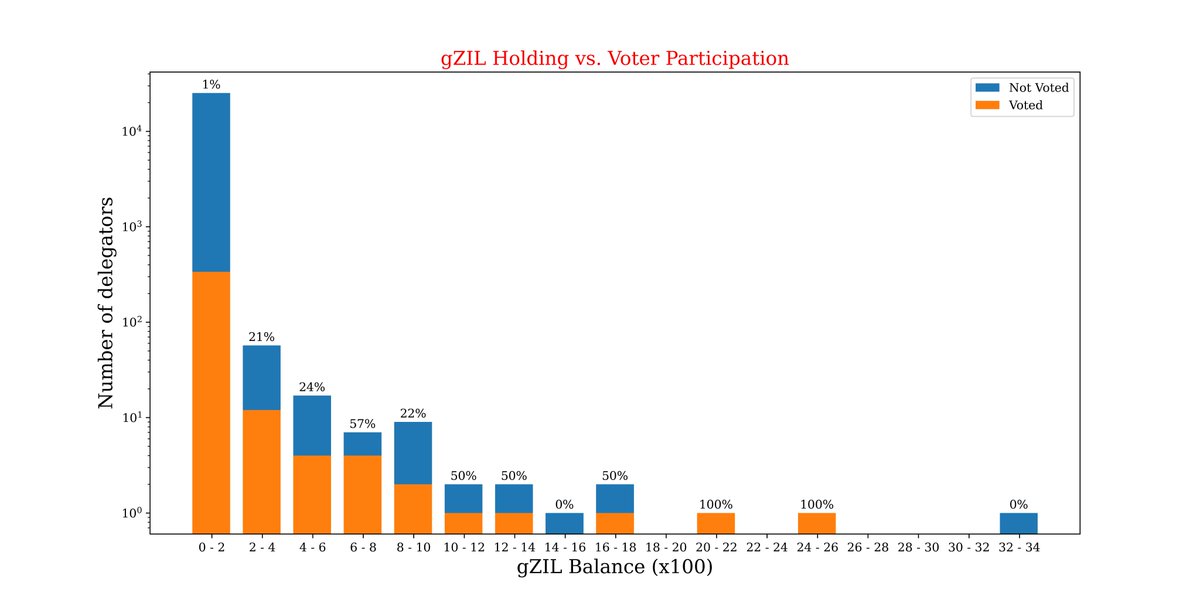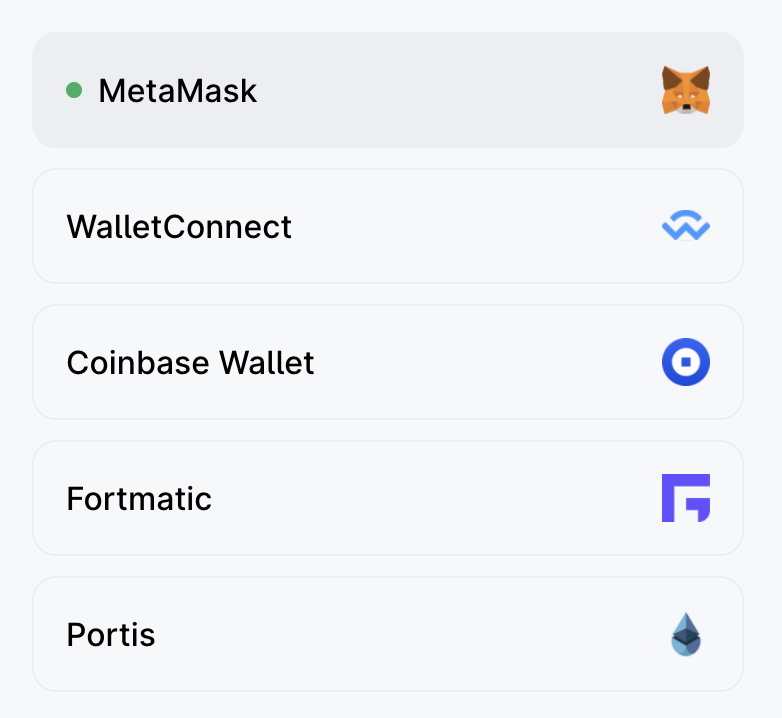
Voting on the first $ZIL governance proposal has just ended. The proposal has passed with a resounding YES, which means that the community has now agreed on the rules for future decision making.
Time to analyze, introspect and see how to make this better next time. A thread 👇
Time to analyze, introspect and see how to make this better next time. A thread 👇

1/ 348 different wallets voted. It may appear to be low given that 25,304 were holding $gZIL before the voting started. But, if you compare with other projects, it is in fact quite high. The last voting on YAM had 4 participants, 177 on YFI, 91 on SUSHI, 30 on UNI and 8 on SNX.
2/ Since 1 $gZIL = 1 vote, the total number of $gZIL used for voting was around 26,694, while the total number of $gZIL captured in the snapshot was 130,481. This translates to around 21% $gZIL being used for voting. The largest voter had 2,479 while the smallest had 0.002 $gZIL.
3/ In order to better understand the voter diversity, we looked at their $gZIL holding. As you can see, only 1% of voters who hold less than 200 $gZILs voted. And generally speaking, it looks like the voting participation was high among those who hold larger number of $gZILs. 

4/ As pointed out by @jdune23, one explanation for low participation among users in the smallest $gZIL holding group could be that most of them are staking via Moonlet or Atomic. There was no straightforward way for them to vote.
5/ Given that @moonlet_wallet and @AtomicWallet are the operators with the largest delegated stake and also the largest number of delegators, being unable to vote from these wallet must have been an impediment. 

6/ In order to remedy this, @moonlet_wallet has been working on integrating the governance functionality within its app. I hope this could be ready by the time the next proposal is announced.
7/ On our end, we are also working on a wallet module which some of you may be familiar with on Ethereum. This wallet module will provide a single interface for different wallets such as Ledger, @pay_zil, @moonlet_wallet, etc. The Moonlet team has submitted a ZIP to this effect. 

8/ We also noticed that during the entire voting period, the community was actively rallying others to vote. As proposed by someone on the forum, it will be a good idea to develop a reminder bot on TG to alert $gZIL holders on voting deadlines.
9/ I thought it might be interesting to know whether the early birds were mostly smaller $gZIL holders or rather the larger holders. Here is chat that captures voting timestamp. As you can see, the smaller $gZIL holder were quite spread out while the whales were rather early. 

10/ Finally, the question that always pops up is whether there should be an incentive for people to vote. I am a bit torn on this but maybe we leave it for another proposal. Thank you again for your participation. Onwards and upwards.
• • •
Missing some Tweet in this thread? You can try to
force a refresh


